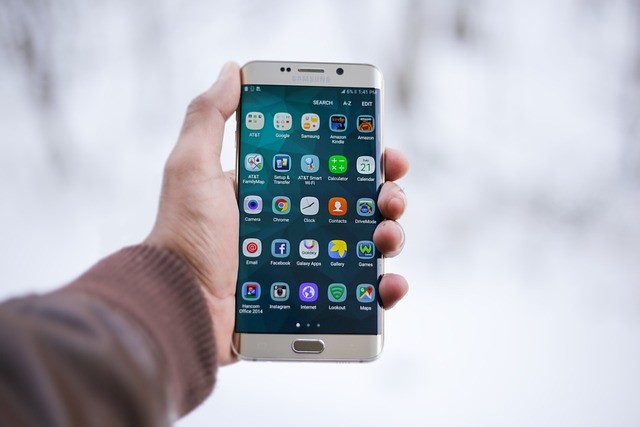The Rise of Mobile Apps: How They Transformed the Smartphone Experience
Introduction:
Mobile apps have revolutionized the way we interact with smartphones, transforming them from mere communication devices into powerful tools that cater to a wide range of needs. This essay explores the significant impact of mobile apps on the smartphone experience, delving into their rise, the changes they brought, and the implications for both individuals and businesses.
The App Revolution:
The introduction of mobile apps marked a turning point in the evolution of smartphones. Prior to their emergence, smartphones were primarily used for calls, text messages, and basic internet browsing. However, with the launch of the Apple App Store in 2008 and subsequent marketplaces like Google Play, a new era began. Developers gained the platform to create and distribute apps, leading to an exponential growth in their availability and diversity.

Enhanced User Experience:
Mobile apps have redefined user engagement on smartphones. They offer tailored experiences by focusing on specific functions, be it social networking, fitness tracking, navigation, or productivity. Apps utilize the hardware capabilities of smartphones such as the camera, GPS, and sensors, providing users with functionalities that were previously unimaginable.
Seamless Accessibility:
The convenience of mobile apps lies in their accessibility. With a single tap, users can access a multitude of services, eliminating the need to open a browser and navigate to a website. This streamlined access has not only saved time but also contributed to increased usage of various services, from e-commerce to banking.
Personalization and Convenience:
Apps have transformed smartphones into personalized hubs. Users can customize their devices by choosing apps that align with their interests and needs. Additionally, features like notifications and in-app preferences enable a tailored experience, notifying users about relevant updates and offerings. This personalization enhances user engagement and loyalty.
Social Connectivity:
Social media apps have fundamentally altered how we connect. They enable instant communication, photo and video sharing, and real-time updates from friends and family across the globe. These apps have not only brought people closer but also facilitated the sharing of experiences and perspectives.
Business Transformation:
Mobile apps have opened new avenues for businesses. Companies can reach customers directly through branded apps, offering personalized experiences and targeted promotions. The rise of mobile shopping apps, for instance, has revolutionized the e-commerce landscape, enabling on-the-go purchases and reshaping consumer behavior.
Challenges and Concerns:
Despite their numerous benefits, mobile apps have also posed challenges. The oversaturation of app stores has made discoverability a problem for new and small developers. Additionally, concerns about data privacy and security have arisen, with instances of data breaches and unauthorized access to personal information.
Conclusion:
The advent of mobile apps has undeniably transformed the smartphone experience. These apps have elevated smartphones from communication tools to versatile companions that cater to our diverse needs. As the app ecosystem continues to evolve, striking a balance between innovation, security, and user privacy will be essential to ensure that the smartphone experience remains enriching and empowering.











